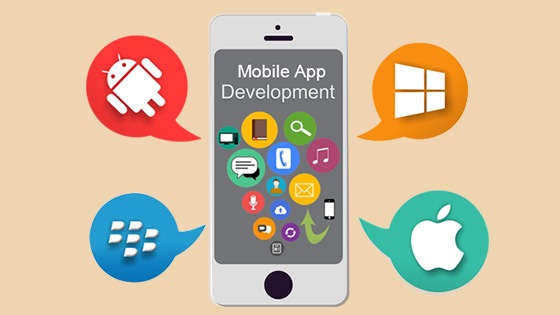Advantages and Disadvantages Of Cross platform Mobile Application Developmen

Mobile application development is a time-consuming process. Mobile applications are in high demand. The growing demand for applications resulted in new application development methods that take limited time. Cross-platform development is the solution to reduce the time-consuming process.
Let us look into the pros and cons of cross-platform application development.
Advantages of cross-platform mobile apps development
Faster development
Developers normally work with one code base that handles both Android and iOS. There is no need to create separate iOS and Android projects. You get everything in one place. Though cross platforms are developed as single projects, they are compatible with all types of devices. You may reuse the major part of the code between platforms and hence the developer is much faster.
Lower costs
Cross platforms are cheaper than regular applications. As you may reuse a big part of codes can be reused between platforms, application development becomes cheaper and faster.
Wider audience
Getting a target audience for your mobile application is very tough. If you don’t find the right audience, ROIs would be less. Cross-platform mobile applications have a bigger market. Your target audience will be wider and greater ROIs. You may target both iOS and Android users simultaneously.
Reusable code
The greatest advantage of cross-platform applications is that you can generate a single code base for both iOS & Android at the same time. You need to develop separate code for different native applications by different teams/developers. This saves a lot of time and only a single developer is required to handle both platforms concurrently.
Disadvantages of cross-platform mobile apps development
Lower performance
Applications are rated based on their performance. The performance is based on different factors. When you compare the two applications, cross-platform and native application, the latter is faster than the former. The difference is negligible.
Harder code design
While developing Cross-platform applications, the developers have to adapt their design and functionalities not only to specific devices but also to platforms with many differences. So it always requires extra hard work from the developers of cross-platform application developers to make the final product compatible with all devices. The native application developers do not face this issue enabling them to develop an application that focuses on user requirements.
Long wait time for new features
Cross-platform applications take a long time to update the latest features introduced by Google or Apple. Whereas native applications have SDKs that enable faster updation of the applications.
Contact Codea to develop the most advanced cross-platform mobile applications for your product.